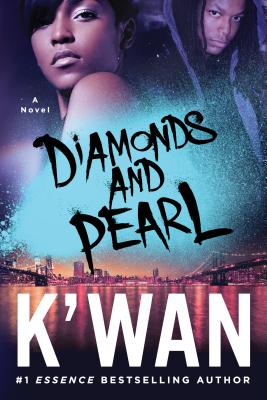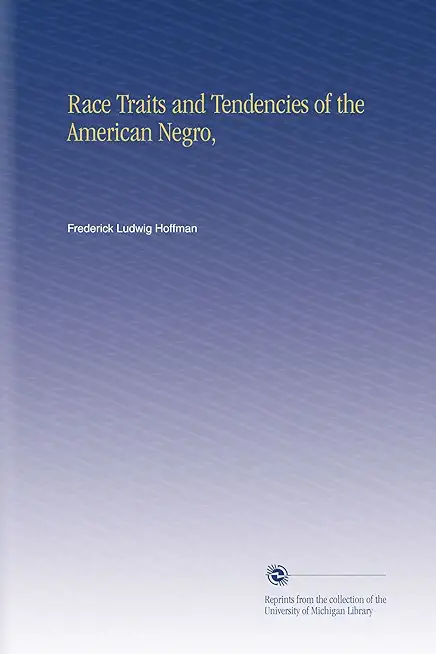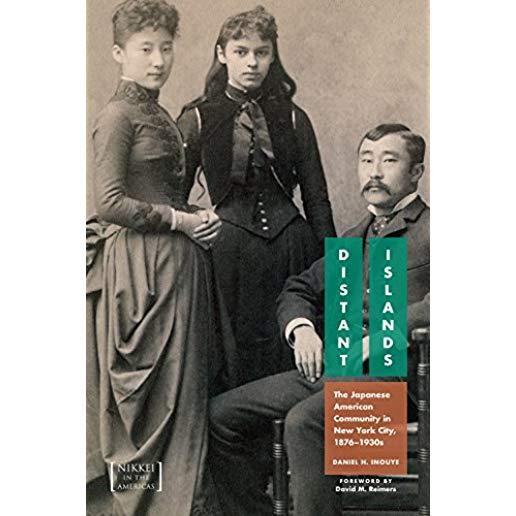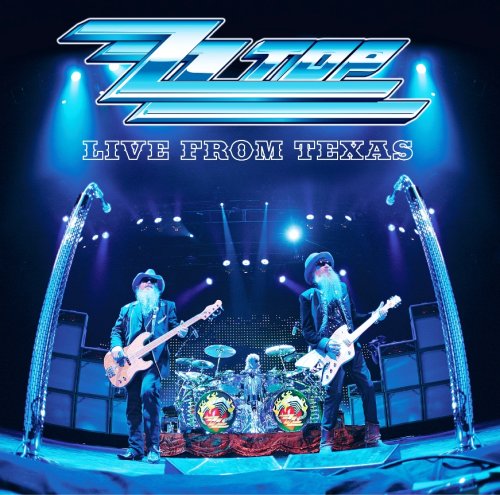
description
r, Margaret Juhae Lee unspools her long- buried family history; centrally, her grandfather's imprisonment in Japanese- occupied Korea." - Vanity Fair "Absorbing...Starry Field reminds us that even knowing where we came from won't tell us where we're going - but it will help along the way." Susan Choi, National Book Award winning author of Trust Exercise A poignant memoir for readers who love Pachinko and The Return by journalist Margaret Juhae Lee, who sets out on a search for her family's history lost to the darkness of Korea's colonial decades, and contends with the shockwaves of violence that followed them over four generations and across continents.
As a young girl growing up in Houston, Margaret Juhae Lee never heard about her grandfather, Lee Chul Ha. His history was lost in early twentieth-century Korea, and guarded by Margaret's grandmother, who Chul Ha left widowed in 1936 with two young sons. To his surviving family, Lee Chul Ha was a criminal, and his granddaughter was determined to figure out why. Starry Field: A Memoir of Lost History chronicles Chul Ha's untold story. Combining investigative journalism, oral history, and archival research, Margaret reveals the truth about the grandfather she never knew. What she found is that Lee Chul Ha was not a source of shame; he was a student revolutionary imprisoned in 1929 for protesting the Japanese government's colonization of Korea. He was a hero--and eventually honored as a Patriot of South Korea almost 60 years after his death. But reclaiming her grandfather's legacy, in the end, isn't what Margaret finds the most valuable. It is through the series of three long-form interviews with her grandmother that Margaret finally finds a sense of recognition she's been missing her entire life. A story of healing old wounds and the reputation of an extraordinary young man, Starry Field bridges the tales of two women, generations and oceans apart, who share the desire to build family in someplace called home. Starry Field weaves together the stories of Margaret's family against the backdrop of Korea's tumultuous modern history, with a powerful question at its heart. Can we ever separate ourselves from our family's past--and if the answer is yes, should we? 20 memorable photographs will be included.
As a young girl growing up in Houston, Margaret Juhae Lee never heard about her grandfather, Lee Chul Ha. His history was lost in early twentieth-century Korea, and guarded by Margaret's grandmother, who Chul Ha left widowed in 1936 with two young sons. To his surviving family, Lee Chul Ha was a criminal, and his granddaughter was determined to figure out why. Starry Field: A Memoir of Lost History chronicles Chul Ha's untold story. Combining investigative journalism, oral history, and archival research, Margaret reveals the truth about the grandfather she never knew. What she found is that Lee Chul Ha was not a source of shame; he was a student revolutionary imprisoned in 1929 for protesting the Japanese government's colonization of Korea. He was a hero--and eventually honored as a Patriot of South Korea almost 60 years after his death. But reclaiming her grandfather's legacy, in the end, isn't what Margaret finds the most valuable. It is through the series of three long-form interviews with her grandmother that Margaret finally finds a sense of recognition she's been missing her entire life. A story of healing old wounds and the reputation of an extraordinary young man, Starry Field bridges the tales of two women, generations and oceans apart, who share the desire to build family in someplace called home. Starry Field weaves together the stories of Margaret's family against the backdrop of Korea's tumultuous modern history, with a powerful question at its heart. Can we ever separate ourselves from our family's past--and if the answer is yes, should we? 20 memorable photographs will be included.
member goods
No member items were found under this heading.
Return Policy
All sales are final
Shipping
No special shipping considerations available.
Shipping fees determined at checkout.







